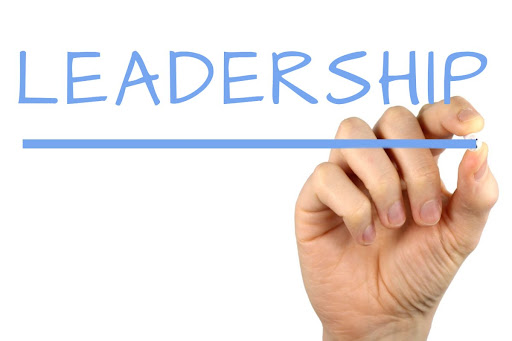How to Ask for a Raise – and Get It!
Asking for a raise can be a nerve-wracking experience. Showing your value is an important part of advancing your career and earning what you’re worth. You need to prepare, whether you’ve been with your company for a few months or several years. Here are steps you can take to increase your chances of getting the raise you deserve.
Research Before the Meeting
First and foremost, it’s important to do your research. Find out what the market rate is for your position and level of experience. The information you find will inform your salary request. Consider factors like cost of living, industry trends, and any additional skills or experience you’ve gained since you started.
Once you have a clear understanding of what you should be earning, schedule a meeting to discuss your compensation. This meeting with your supervisor should be done in-person. With remote working more popular, you might only be able to connect via Zoom or conference call, and that’s okay. You need to remember a remote video call should be handled just like an in-person meeting, respectfully.
Confident Communication
When you approach the topic of a raise in your meeting be confident and direct. Start by expressing your appreciation for the opportunity to work for the company. You then should state your case for why you believe you deserve a raise. Use specific examples of your accomplishments and contributions to the company.
You need to highlight any additional responsibilities you’ve taken on since you started. Paint a picture that’s easy for your boss to see why you’re asking and why you deserve more money.
Be Open to the Solution
It’s also important to be open to feedback from your supervisor. They may have concerns or questions about your request. However, they may just need time to review your performance and gain additional approvals.
Be willing to listen to their perspective and work together to find a solution that works for you both. Always stay on good, terms with your manager for a healthy working relationship in the future.
If your supervisor is not able to grant you the raise you’re asking for, ask for specific feedback. You need to find out what you can do to earn your raise in the future. This can be an opportunity to set goals for your performance and work towards a higher salary in the future.
Throughout the process, it’s important to remain professional and respectful. Avoid making demands or ultimatums You need to focus on finding a solution that benefits both you and the organization. Remember that asking for a raise is a normal part of the career advancement process. You have the right to advocate for yourself and your worth.
Finally, you can increase your chances of success with preparation and a little research. Do your due diligence, be confident and direct, and be open to feedback and collaboration with your supervisor. By taking these steps, you can advocate for your worth and take your career to the next level. Wishing you all the best for the future!
For more career tips and inspiration follow my website: KathyHusserTempe.com


